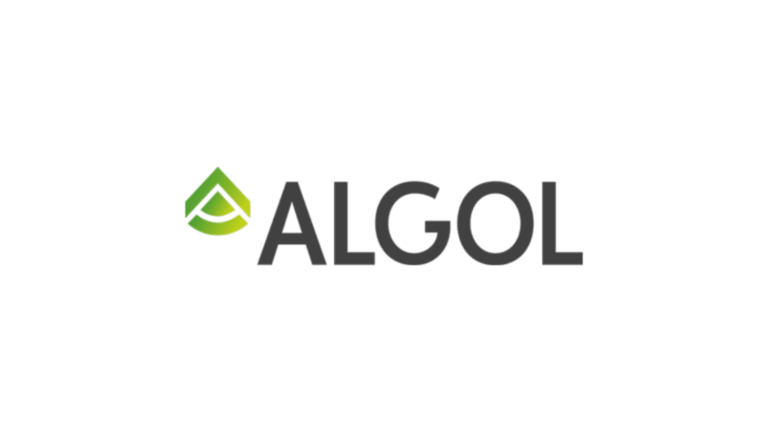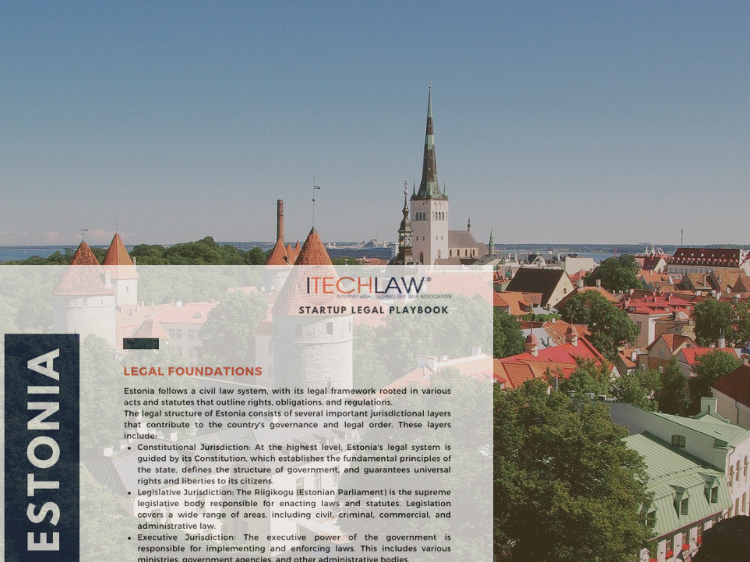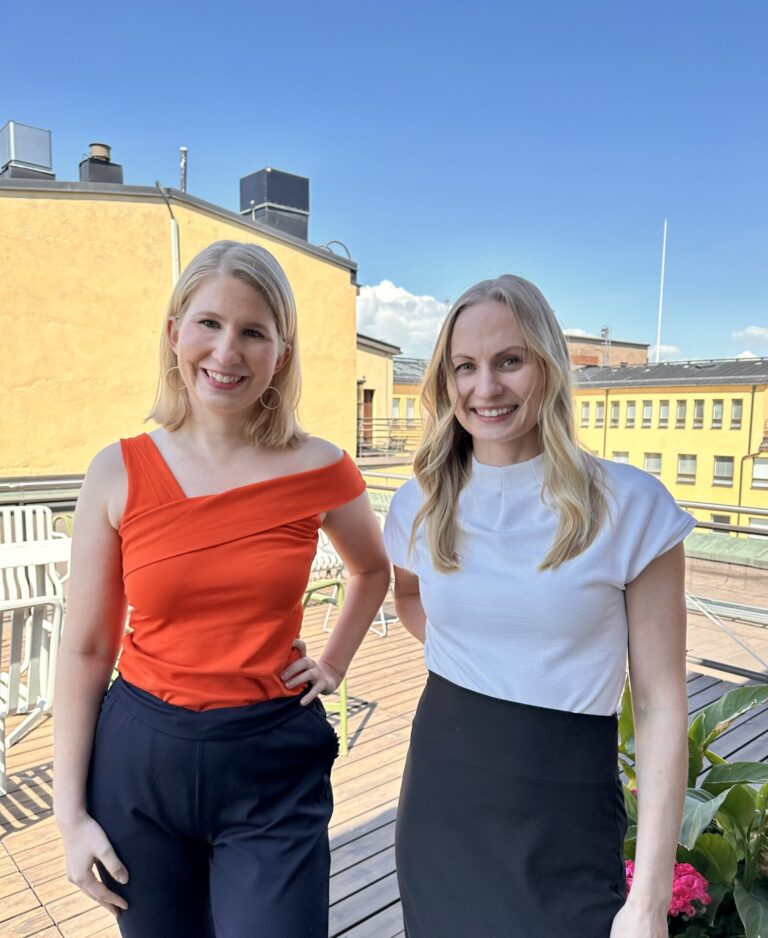
Introduction
Chinese investment in the European Union has started to increase since the financial crisis, with the flow of Chinese foreign direct investment hitting a record high in 2016.
The dramatic increase of Chinese and other FDI inflows into the EU – as regards China especially from state-owned entities with strategic goals – has led to the tightened scrutiny over the upcoming FDI from Chinese and other foreign investors.
Currently, about half of the EU Member States, including Denmark, Finland, Latvia and Lithuania, have FDI screening procedures in place to add ress the state security concerns.
A new EU FDI screening regulation, i.e., the Regulation (EU) 2019/452 of the European Parliament and of the Council of 19 March 2019 establishing a framework for the screening of foreign direct investments into the Union (the “Regulation”) was introduced to harmonise the currently fragmented national screening regimes.
The Regulation came into force on 10 April 2019 and will apply on 11 October 2020. This is the first EU-level instrument for FDI screening on the ground of security or public order. This article will outline some of the key aspects of the new rules as well as the recent development on this issue.
Definition of Foreign Direct Investment
It should be noted that, under the Regulation, not only direct investment but effective participation in the management or control of a company by a foreign entity will be deemed as the FDI. Hence, the background check on the foreign investors and beneficiary owners will be further scrutinized.
Security and Public Order
The Regulation does not provide a uniform definition on “security” or “public order” but suggests the following factors may be considered relevant for security and public order:
1. Whether the investments relate to one of the following sectors:
• Critical infrastructure (e.g. energy, transport, communications, data processing or storage, as well as land and real estate crucial for the use of such infrastructure);
• Critical technologies and dual use items (e.g. artificial intelligence, robotics, semiconductors, cybersecurity, energy storage, nanotechnologies and biotechnologies);
• Access to or the ability to control sensitive information such as personal data;
• The freedom and pluralism of the media.
2. Whether the foreign investors have one of the following characteristics:
• directly or indirectly controlled by the government of a third country, for example, through the ownership structure or significant funding;
• involved in activities affecting security or public order in a Member State of the EU;
• posing a serious risk of engaging in illegal or criminal activities.
3. Whether the investments are likely to affect projects or programmes of the EU, which involves a substantial amount or EU funding, or which are covered by EU law in respect of critical infrastructure, critical technologies or critical inputs. Such projects or programmes include, inter alia, Galileo, Horizon 2020, TEN-T and TEN-E.
Procedural Rules
Several procedural rules are laid down under the Regulation, including the screening mechanism, the annual reporting obligation of Member States as well as cooperation mechanism.
1. Screening Mechanism
The Regulation imposes minimum requirements on Member States that have national FDI screening mechanism in place. These requirements include, transparent and non-discriminatory treatment between third countries, timeframes for Member States to consider the comments of other Member States or opinions of the Commission under the cooperation mechanism, protection of confidential information, possibility to seek recourse against the screening decisions.
2. Annual Reporting Obligation
Member States are required to report to the European Commission on the inflow of FDI, and Member States maintaining screening mechanisms, to additionally report on the application of screening mechanisms.
3. Cooperation Mechanism
The Regulation lays down rules for cooperation mechanism where Members States and the European Commission can exchange information and address specific concerns. The opinions of the Commission and the comments of other Member States will nevertheless be non-binding, and thus leave specific matters at the discretion of the FDI receiving Member States.
Recent Development
With regard to the current Covid-19 crises the European Commission has also recently issued a communication urging the EU Member States to be vigilant and use all tools available at EU and national level to avoid that the current crisis leads to a loss of critical assets and technology. This includes tools like national security screening and other security related instruments. The Commission will guide Member States ahead of the application of the Foreign Direct Investment Screening Regulation.
From the Regulation and the recent Communication, we can envisage an EU-wide cooperation on FDI scrutiny matters where Member States as well as the Commission work together to protect EU’s vital strategic interest without undermining the its general openness to foreign investment.
At the time being, the restriction has not been increased in Member States such as Denmark, Finland and Sweden, as a consequence of the newly issued Communication.
In Denmark, the Minister of Justice Nick Hækkerup has on 1 April 2020 announced that a working group has been set up to formulate the proposals for new FDI screening measures on the upcoming foreign investment. The government expects to introduce this in the 2020/2021 sessional year of the Danish Parliament (6 October 2020- 5 October 2021).
In Finland, the Act on the Monitoring of Foreign Corporate Acquisitions (2012/172) has been effective since 2012. As the response to the EU FDI Regulation, the Ministry of Economic Affairs and Employment has on 28 February 2020 published a draft government proposal for amendment of the aforementioned Act. It was proposed, among others, to add new provisions concerning the circumvention of the Act and the disclosure of confidential information to relevant authorities. The government proposal is expected to be submitted to Finnish Parliament in June 2020.
In Sweden, a review of the issue is ongoing, and a working group has been appointed to assess the need for and a potential design of an FDI screening regime. The working group is due to publish its final report not later than 2 November 2021. Arguably, there will be no drastic restriction imposed in foreign investment in Sweden prior to 2022 (and most likely any new legislation will not be in force until mid-2022 earliest and 2023 more likely).
The Regulation and the recently issued Communication are likely to pose challenges to the upcoming Chinese investment, particularly in respect of strategic sectors. Nonetheless, it remains to be seen to which extent the Regulation and the Communication will lead to a change in Member States’ national FDI screening rules.
Contact

Jonas Bergquist
Partner
Corporate and M&A, Energy, Real estate
Send me an email +46 8 463 75 00 +46 76 822 75 01









